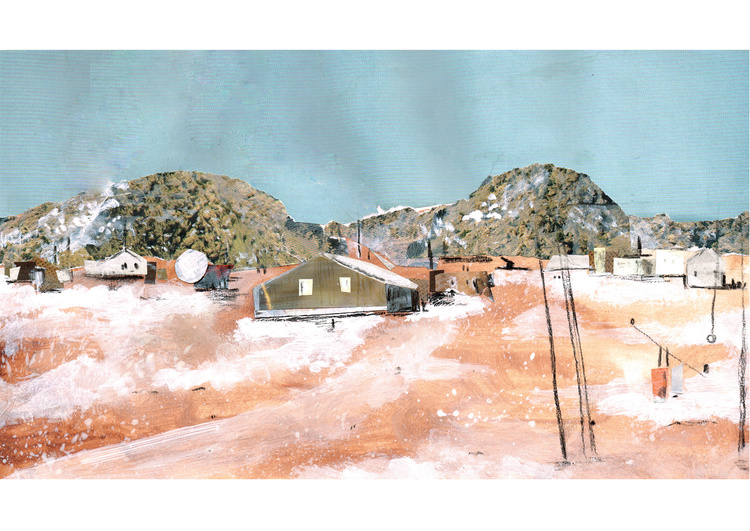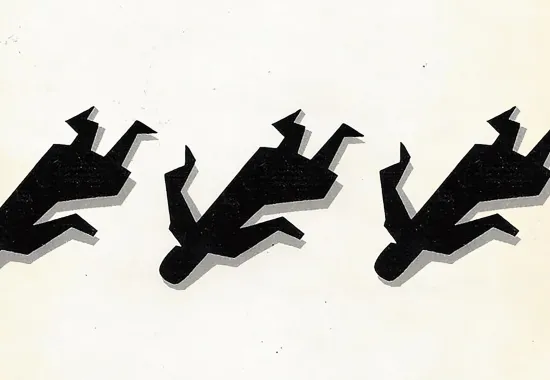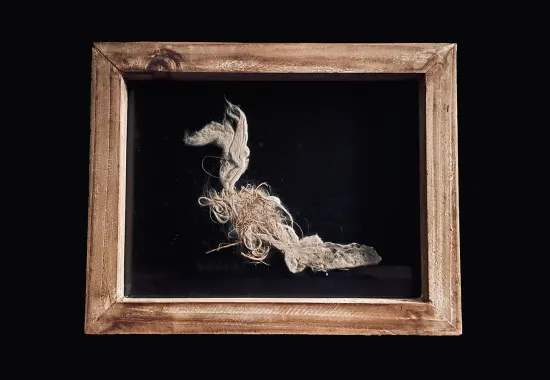The Trouble with Memoir

After publishing a collection of 100-word stories last year (Long Stories Short, by Wild Vine Writers), my writing group brainstormed our next adventure. The discussion went in a predictable direction: while my creative efforts are focused mostly on poetry, short fiction, or creative non-fiction, everyone else in the group excels in memoir and essays. When I groaned, they reminded me that I’ve already produced a few pieces that would be perfect for the project. One of these is “A Not So Fine Line,” scheduled to appear in the winter edition of North American Review.
The conversation turned to the downside of writing memoir, during which I confessed to the group that ever since “A Not So Fine Line” was accepted for publication, I had regretted not sharing the piece with my siblings before submitting it. Their roles in the story are minor, I don’t think any of us are embarrassed by our roots anymore (they never seemed to be, and I’ve outgrown it), and none of them was portrayed in an unflattering way. Yet, like most families, we have differing perceptions of our shared childhood.
To hear my older and youngest sisters describe my father, you would swear they were talking about two different men. In my memory, our childhood home stands out as the most dilapidated shack in rural Missouri, but to my younger sister it was “no worse than any other houses around there.” Likewise, certain events that were traumatic for one of us might be a dim, unimportant memory for another. Such is the case with “A Not So Fine Line,” which recalls how a slash of beige paint on the front porch of our decrepit house became a source of self-conscious obsession for me, while the rest of the family barely noticed my youngest brother’s spontaneous, oddly placed artwork.
And that’s the problem with writing memoir. Sure, digging into the past can be therapeutic. But frequently, the story isn’t all about you. When you’re a person who hates offending, irritating, or embarrassing people—or sparring with them over whose memories are the most accurate—it’s sometimes hard to put the truth (as you see it) out there. I’ve softened “A Not So Fine Line” with humor, and I hope my siblings will appreciate the piece for what it’s meant to be: a reflection on how a sensitive teenager’s self-image can be damaged from an experience that others shrug off effortlessly, and how decades later the memory can still be vivid and impactful.
Until recently, my forays into non-fiction have been safely restricted to poems and short creative non-fiction based on recent encounters and events, usually with a humorous slant, unlikely to offend anyone. My rural Missouri upbringing did provide the background for my 2014 novel Whippoorwills, but as I have repeatedly stressed to family and friends, the characters and events in that book were fictitious. I’m not sure they buy it. My fellow writer and good friend Ron will now and then bring up a random scene from the book and ask questions like, “Was your dad really a snake-handling Pentecostal minister?” or “Did your best friend really run away from home?” My response is always “It’s fiction, Ron,” sometimes accompanied by an eyeroll.
But when I shared “A Not So Fine Line” at a local writers’ event, and Ron asked, “How much of that really happened?” my answer was “At least 99.5%.”
I’m 98% confident my siblings will agree.
Illustration by: Grace Russell. Grace is a freelance illustrator based in London. Her work combines disparate pieces of collage with paint and charcoal to create evocative imagery that is both playful and controlled; the careful interplay between the figurative and abstract give her illustrations a unique visual language that hints at underlying themes and provokes questions to be asked. Grace graduated with a First class BAHons degree in Illustration from the University of Westminster, winning the Achievement Award in her first year. In 2014 she won the V&A Illustration Awards Student Category and was featured as one of Reyker’s emerging artists. She has worked with a range of clients including the V&A museum, Therapy Today, Voyeur (Virgin Australia/Pacific Magazines),Tablet Magazine, SOFFA, PRN Magazine, Sony and P&G.
Recommended
A Behind the Scenes Look at Art Selection and Cover Design for the NAR
“Doubling and the Intelligent Mistake in Georges Simenon’s Maigret’s Madwoman”
What the Birds Showed My Wounded Child, My Adaptive Adolescent, & My Wise Adult






